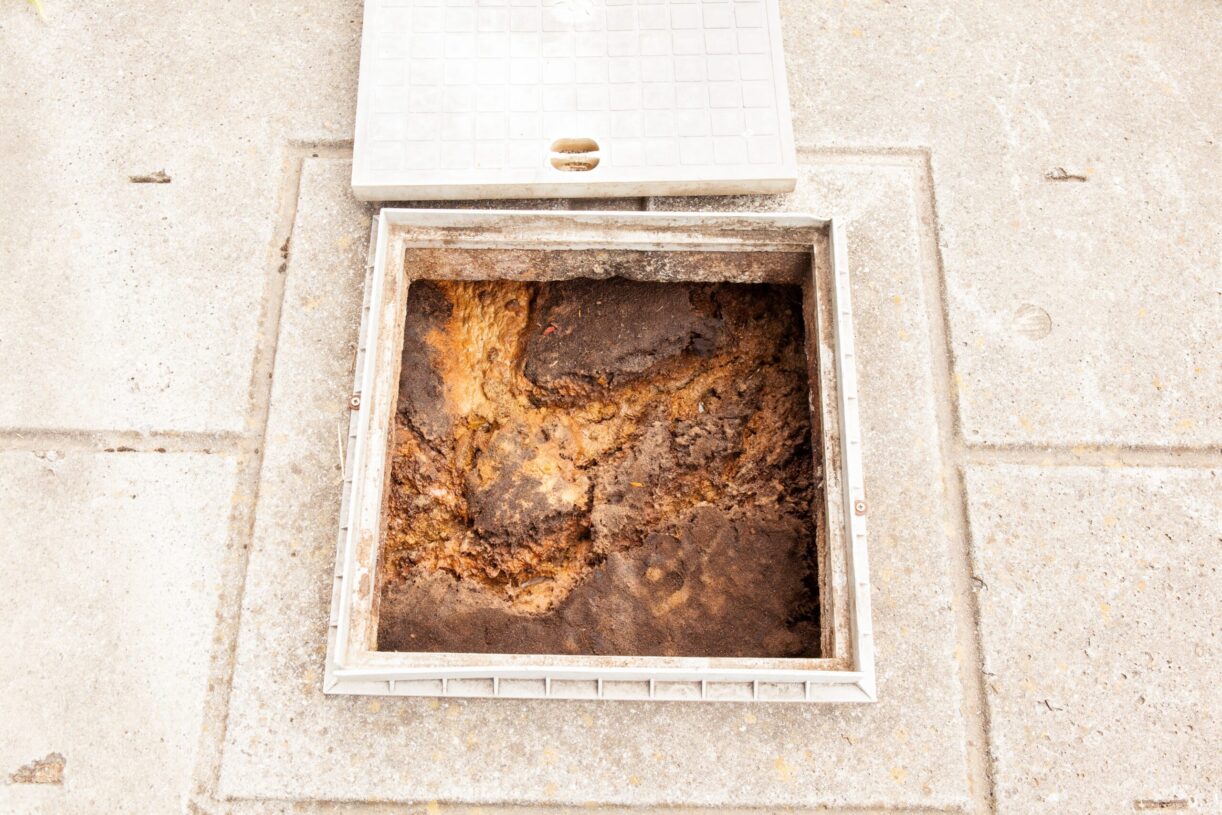Sump Pump Problems: Why They Happen & How to Prevent Them

Sump Pump Problems? Why They Happen and How to Prevent Them!
Are you dealing with sump pump problems? A working sump pump is one of the most important pieces of protection a Kentucky homeowner can have. When the rains roll in and the groundwater rises, your sump pump is what keeps your basement dry and your home safe from flooding. But when that pump fails, the damage can be quick and expensive.
At Shane Elmore Plumbing, we’ve seen the difference a properly maintained sump pump can make. We’ve also seen what happens when they’re neglected. Many of the most common sump pump problems are preventable with the right care and attention.
If you own a home in Bowling Green, Glasgow, or in South Central Kentucky, here’s what you need to know about sump pump issues and how to keep your system running when it matters most.
Common Sump Pump Problems in Kentucky Homes
Power Failures
Sump pumps run on electricity. When the power goes out during a heavy storm, the pump stops working. Unfortunately, that’s often the exact moment you need it the most.
A sudden loss of power can lead to basement flooding in a matter of hours, especially if your pump doesn’t have a backup system.
Clogged or Frozen Discharge Lines
The discharge line carries water away from your home. If it’s clogged with debris or frozen during cold weather, that water can’t escape. Instead, it backs up into the sump pit and may overflow into your basement.
Clogged or frozen lines are one of the most overlooked causes of sump pump failure.
Stuck Float Switches
The float switch tells the pump when to turn on and off. If it gets stuck or jammed, the pump may not activate even when the pit is full. This can happen when the switch is caught on the side of the basin or blocked by debris.
A stuck float switch is a small part that can cause a big mess if it goes unnoticed.
Overwhelmed Pump During Heavy Rain
Kentucky storms can deliver a large amount of rain in a short period. If your pump isn’t powerful enough or your sump basin is too small, the system can become overwhelmed.
When the pump can’t keep up with the incoming water, flooding is almost inevitable.
Old or Worn-out Pumps
Most sump pumps last between 7 and 10 years. After that, parts begin to wear down and performance drops. An old pump might run, but it won’t move water as efficiently or at all when it matters most.
If your system is getting close to that age, it’s time to think about replacement.
Why Sump Pumps Fail
While some failures are unpredictable, most happen for a few key reasons:
- Lack of maintenance: Debris buildup, untested components, and worn parts often go unnoticed without routine checks
- Incorrect installation or sizing: A pump that’s too small, placed incorrectly, or not matched to your home’s water volume will struggle under pressure
- Mechanical wear and tear: Like any appliance, moving parts wear down over time and can fail without warning
Neglecting these issues turns a dependable system into a risk. Contact our team for plumbing help today.
How to Prevent Sump Pump Problems
The good news is that many sump pump failures can be avoided with a few simple steps.
Here’s how to protect your home from sump pump problems:
- Schedule regular maintenance and inspections to check the pump, basin, switch, and discharge lines
- Install a battery backup system to keep the pump running during power outages
- Keep the discharge line clear of dirt, leaves, and other debris to prevent clogs
- Test your sump pump a few times a year by pouring water into the pit and confirming it activates
- Replace old pumps proactively once they reach 7 to 10 years of use
Preventative care saves far more money than flood cleanup and water damage repairs.
When to Call a Professional Plumber
Not sure if your sump pump is doing its job? Here are signs it’s time to get help:
- The pump is running but no water is being discharged
- The float switch gets stuck or doesn’t trigger the pump
- You hear grinding, rattling, or strange noises when the pump runs
- The system turns on and off repeatedly
- You’ve experienced basement moisture or full-on flooding
- Your pump is more than 10 years old and hasn’t been serviced
If any of these apply, it’s time to have a professional take a look. The cost of a service call is far less than the cost of drying out a flooded basement.
Frequently Asked Questions
How often should I maintain my sump pump?
We recommend a professional inspection at least once a year. Homeowners should also test the pump every few months by pouring water into the pit.
Can I prevent sump pump failure during a power outage?
Yes. Installing a battery backup system allows your sump pump to keep working even if the power goes out during a storm.
Is it normal for my sump pump to run frequently?
If your pump runs constantly or cycles on and off repeatedly, it could be a sign of a stuck switch, poor drainage, or an undersized unit.
How long should a sump pump last?
Most units last 7 to 10 years. If yours is older, consider proactive replacement to avoid failure during a storm.
Does Shane Elmore Plumbing provide emergency sump pump service?
Yes. We offer fast, responsive sump pump repair and replacement throughout Bowling Green, Glasgow, and surrounding areas.
Protect Your Home from Water Damage
Your sump pump protects your home when conditions are at their worst. Make sure it’s ready when you need it. Call Shane Elmore Plumbing for sump pump maintenance, repair, or replacement in Bowling Green, Glasgow, and throughout South Central Kentucky. Let our experienced team help you prevent sump pump problems before they start.




